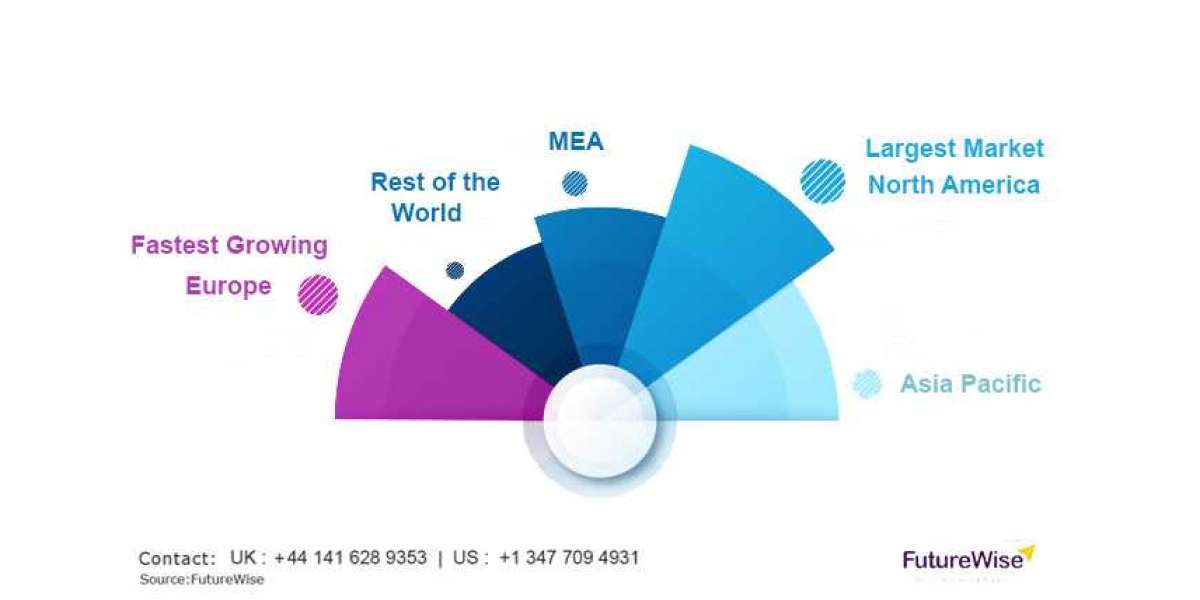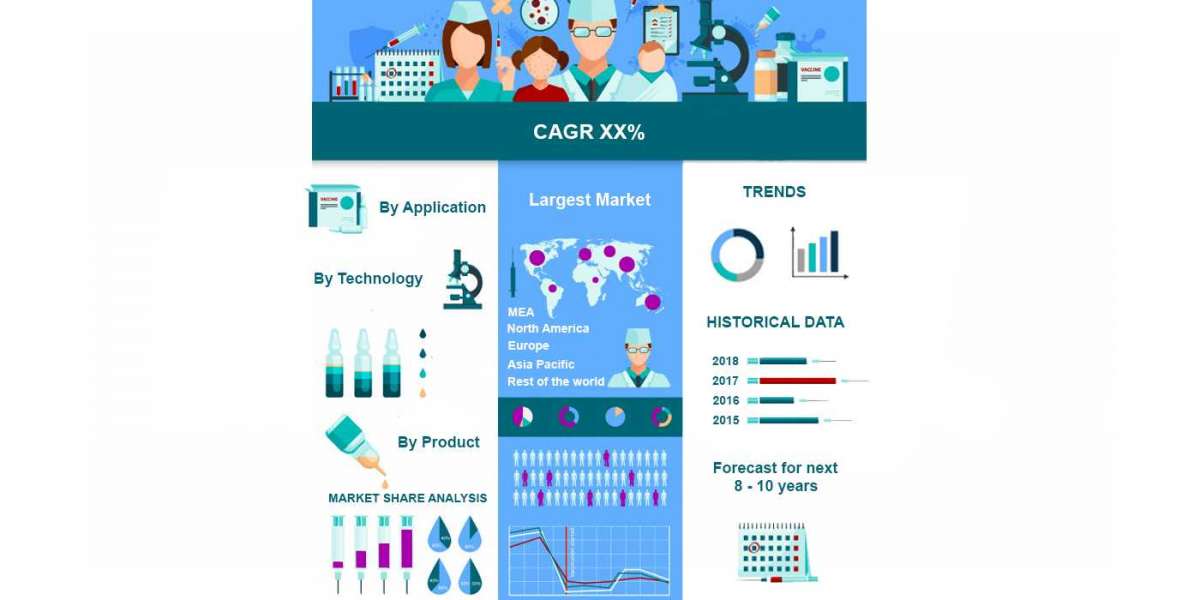In the dynamic landscape of business and management, effective leadership is a cornerstone for success. As we delve into the intricacies of leadership qualities, an intriguing question emerges: is there a correlation between emotional intelligence (EI) and leadership effectiveness among business students? This article embarks on a journey to unravel this relationship, exploring the significance of emotional intelligence in shaping the leaders of tomorrow.
Understanding Emotional Intelligence:
Emotional intelligence, often referred to as EQ, encompasses the ability to recognize, understand, and manage one's own emotions, as well as the ability to empathize with others and navigate social interactions adeptly. In the context of leadership, emotional intelligence is postulated to play a pivotal role in influencing decision-making, communication, and overall effectiveness in leading a team or an organization.
The Hypothesis: Positive Correlation
Our research hypothesis posits a positive correlation between emotional intelligence levels and leadership effectiveness among business students. The assumption is grounded in the belief that individuals with higher emotional intelligence are better equipped to handle the complexities of leadership, fostering positive relationships, making informed decisions, and adapting to the ever-evolving business environment.
Literature Review:
To substantiate our hypothesis, a comprehensive literature review delves into existing studies that explore the relationship between emotional intelligence and leadership effectiveness. Numerous scholarly articles suggest a positive association between emotional intelligence and various leadership outcomes, such as team performance, employee satisfaction, and organizational success.
Studies conducted in various industries consistently highlight the importance of emotional intelligence in leaders, emphasizing its role in fostering a positive organizational climate and enhancing overall leadership capabilities. However, it's essential to acknowledge that the context of business education and the unique challenges faced by students in developing their leadership skills warrant a closer examination.
Methodology:
Our correlational research employs a quantitative approach, utilizing standardized measures to assess emotional intelligence levels and leadership effectiveness among a sample of business students. Surveys and assessments focused on emotional intelligence competencies, such as self-awareness, self-regulation, social awareness, and relationship management, will be administered alongside evaluations of leadership effectiveness.
Participants will be selected from diverse business programs, ensuring a representative sample that reflects the broad spectrum of students' experiences and backgrounds. Statistical analyses, such as Pearson's correlation coefficient, will be employed to determine the strength and direction of the relationship between emotional intelligence and leadership effectiveness.
Expected Results:
While the research is underway, we anticipate finding a positive correlation between emotional intelligence and leadership effectiveness. Higher emotional intelligence scores are expected to align with increased leadership effectiveness ratings, suggesting that a strong emotional intelligence foundation positively influences the leadership capabilities of business students.
Potential Implications:
Understanding the correlation between emotional intelligence and leadership effectiveness in the context of business education holds significant implications. Institutions may consider integrating emotional intelligence training into their curricula to better prepare students for leadership roles. Additionally, businesses could prioritize emotional intelligence development programs for their future leaders, recognizing the potential impact on organizational success.
Limitations and Future Directions:
It's crucial to acknowledge the limitations of our study. Correlational research does not establish causation, and other variables may influence the observed relationship. Additionally, self-reported measures and the subjective nature of leadership effectiveness assessments introduce potential biases.
Also Like To Read: Business Research Topics for College Students
Future research could delve deeper into the specific emotional intelligence competencies that most strongly correlate with leadership effectiveness. Longitudinal studies could also explore how changes in emotional intelligence over time impact leadership development.
Conclusion:
As we navigate the complex terrain of leadership in business and management, understanding the role of emotional intelligence becomes increasingly paramount. This correlational research endeavors to shed light on the connection between emotional intelligence and leadership effectiveness among business students, offering insights that can shape the future of leadership education and development. Ultimately, by unraveling this correlation, we aspire to contribute to the cultivation of emotionally intelligent leaders who can navigate the challenges of the modern business world with finesse and efficacy.









